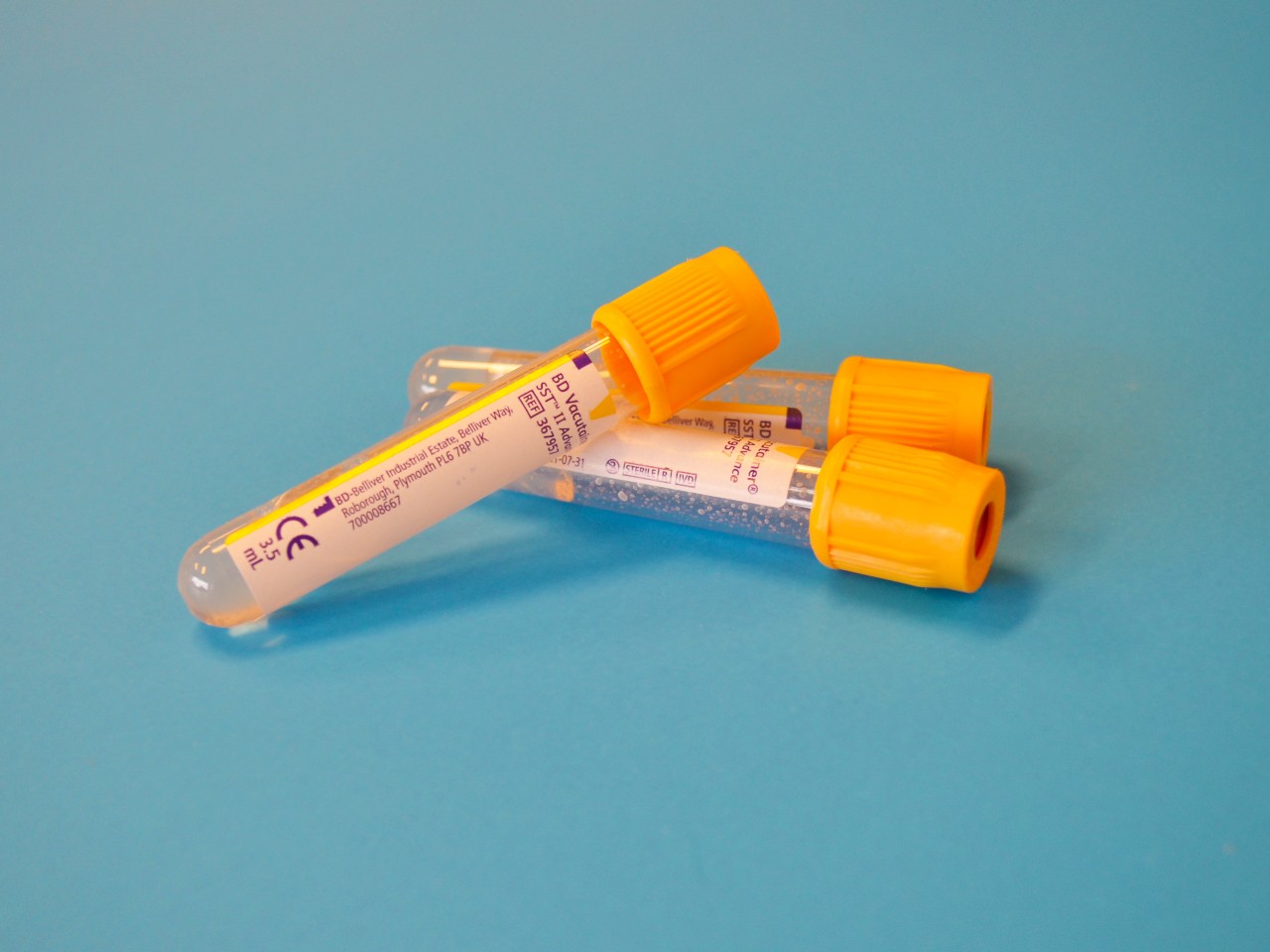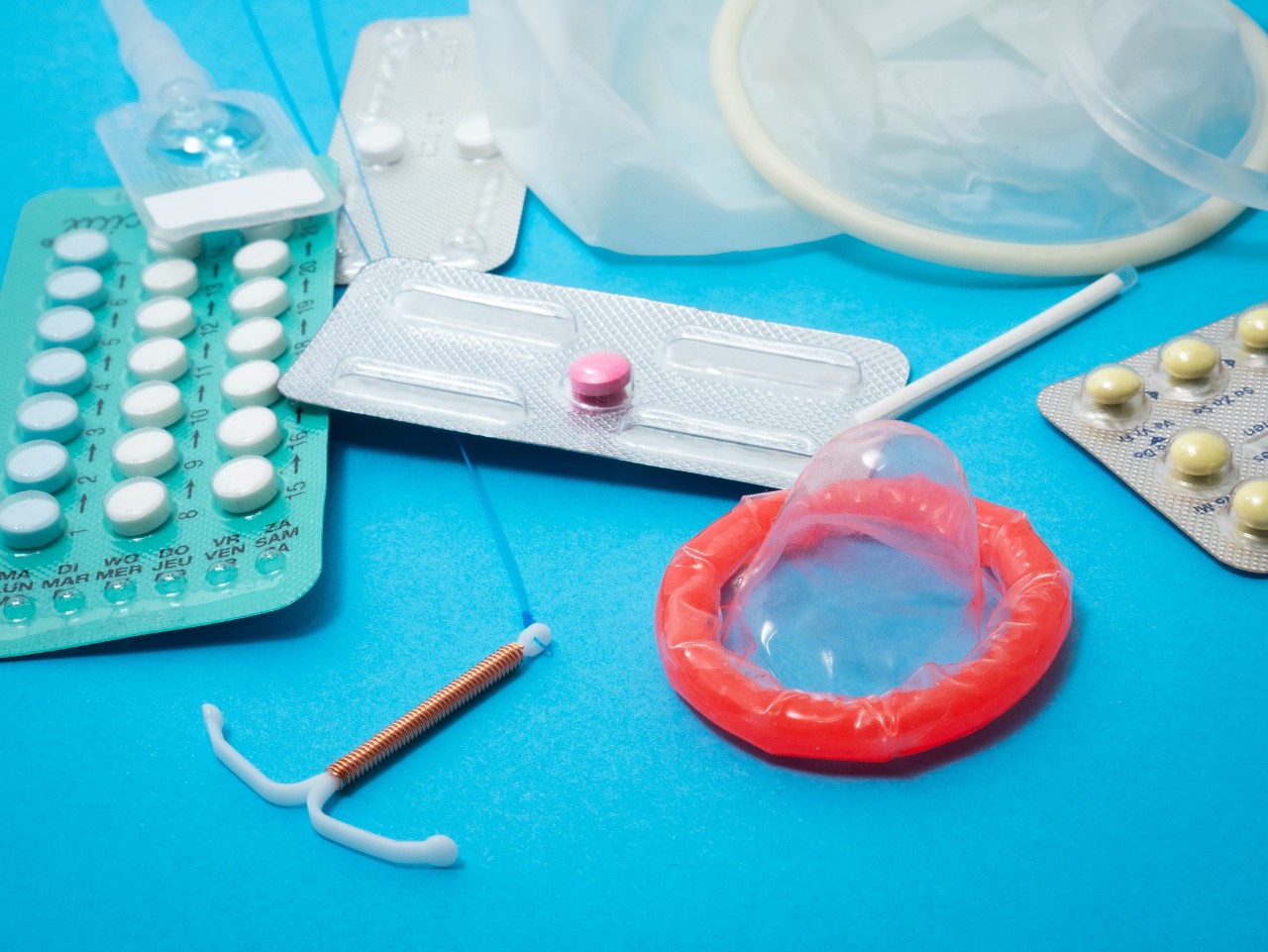Turkey is one of the few countries in the world where the rate of HIV/AIDS cases has been increasing in the past decade. Despite the presence of a decently effective healthcare system and a growing economy, Turkey is falling behind on sexual health awareness. This is a grave consequence of topics around sex and sexual health historically being societal taboos.

Unsurprisingly, general knowledge about Sexually Transmitted Infections (STI) and Diseases (STD), as well as common testing practices are not as widespread in Turkey. Many people get defensive at the idea that they should get tested to practice safe and healthy sex. Although the increasing accessibility of information through the internet will most likely change this situation over time (hopefully), cultural and societal norms still play a much bigger part in the every day sexual activities of Turkish people.
Even for people with knowledge on these topics, it can still be hard to find information on what resources are available for testing – especially if you are a foreigner. But fear not – this article outlines different testing centers, prices and what types of tests you can get for free.
Public Hospitals
Making an Appointment
Starting with testing offered by public hospitals, it is important to make sure you have a Turkish ID or residence permit card, more specifically an ID number that starts with 99, as well as an e-government password if you do not speak Turkish.
You can call 182 (only in Turkish) or download the CDAS application for Android or for IOS (available in English, Arabic, Russian and German and accessible only if you have an e-government password – scroll down for more information on how to receive an e-government password) to make an appointment. The appropriate departments you can choose for STI testing are Women’s Health, Skin and Venereal Diseases, Urology, Infectious Diseases and Clinical Microbiology, or Family Medicine. For now, it seems there isn’t a Women’s Health department available on the English version of the application. Instead, you can switch the language to Turkish and select Hastane Randevusu Al on the homepage, then click Polikliniğe Göre, and then look for Kadın Hastalıkları ve Doğum. After selecting the department, you can pick which hospital you would like to make the appointment in. Alternatively, you can also pick the hospital or the doctor first.
For information about prices, you can call 170 available in English – or you can also request information at the specific hospital and department your appointment is in. If you have a valid residence permit card, your tests and appointments at public hospitals should be free.
Requesting STI Testing
When you go to your appointment at the hospital, you will most likely be asked to take the Elisa test panel. This panel that comprises all the STI tests that public hospitals offer to people who don’t experience symptoms. If the doctor asks you why you want to take a test, feel free to state that you have had an unsafe or suspicious sexual encounter – regardless of your reasoning for getting tested. This ensures that the doctor orders the tests for you with valid reason and clears the small possibility that they refuse to give you a test. The Elisa panel is a blood test that includes HIV/AIDS, Hepatitis C, Hepatitis B and Syphilis. Unfortunately public hospitals only offer these main tests to people who do not experience symptoms.
For further testing about other infections, you have to state what specific symptoms you are experiencing. Then, the doctor can request a specific test for you or prescribe a treatment without testing. Most often they recommend a potentially successful treatment rather than request a specific test. If the treatment does not cure symptoms, they may request further testing. This is a common practice in Turkey – treatments are more available than tests. If you want more comprehensive testing, you will have to go to a private lab which we will talk about in the last section.
Non-Profit Organizations
Testing for HIV/AIDS can also be done for free and anonymously, offered by Pozitif Yaşam Derneği. You can go to their locations in Istanbul, Ankara, İzmir, Bursa and Mersin to request a free test as well as pre and post-test counseling. This organization also offers unbiased free testing to LGBTQI+ specifically and key refugee groups. You can receive free consultancy and testing service in İstanbul through Beşiktaş and Şişli Municipality Healthy Life Centers on weekdays between 09.30 – 16.00 without giving your identity information.

Private Laboratories or Hospitals
Unfortunately these less expensive or free services are more accessible to Turkish citizens and Turkish speakers. If you do not have a residence permit, your best option would be to go to a private laboratory or hospital where people are more likely to be able to assist you in English. Mavi Labs, Lab İstanbul and Synevo Labs are some laboratories that offer comprehensive STI test packages where you could get the tests that public hospitals do not offer. Prices for these packages may often be on the higher end, but regardless it is much cheaper than getting individual tests done. In addition, Gelişim Labs and Biruni Labs are also established testing centers that offer semi-comprehensive panels and individual tests.
As for private hospitals, you will have to make an appointment with the appropriate departments. You can got to the same departments listed above and request STI testing from your doctor. Hospital test prices may be more expensive or cheaper than laboratories depending on which one you go to. However keep in mind that you will have to pay the additional cost of the appointment as well.
What to Do
To sum up, the STI testing process in Turkey is neither cheap nor easy for Turks and foreigners alike. However, you can take advantage of your residence permit by getting the free tests at public hospitals. Buying a test package at a lower price than individual tests through a private laboratory is another way to save money. We encourage you to practice safe sex and get tested regularly despite the difficulty. It is everyone’s right to have sex responsibly, and we hope that resources to do so in Turkey will keep growing over time.









